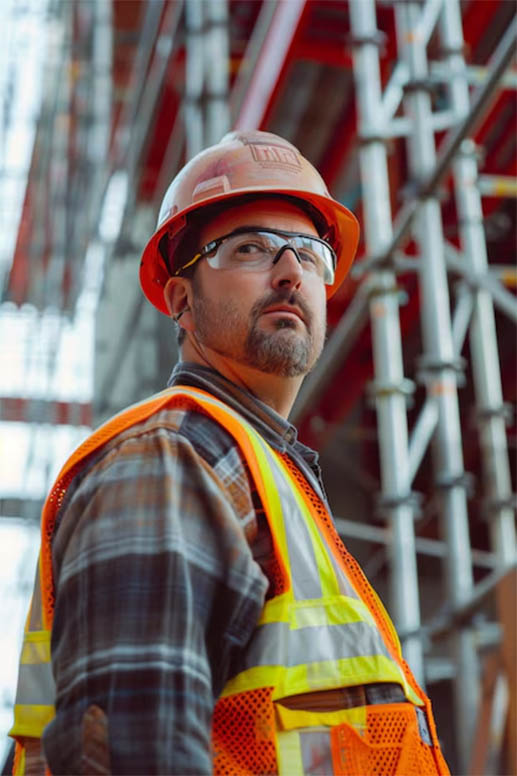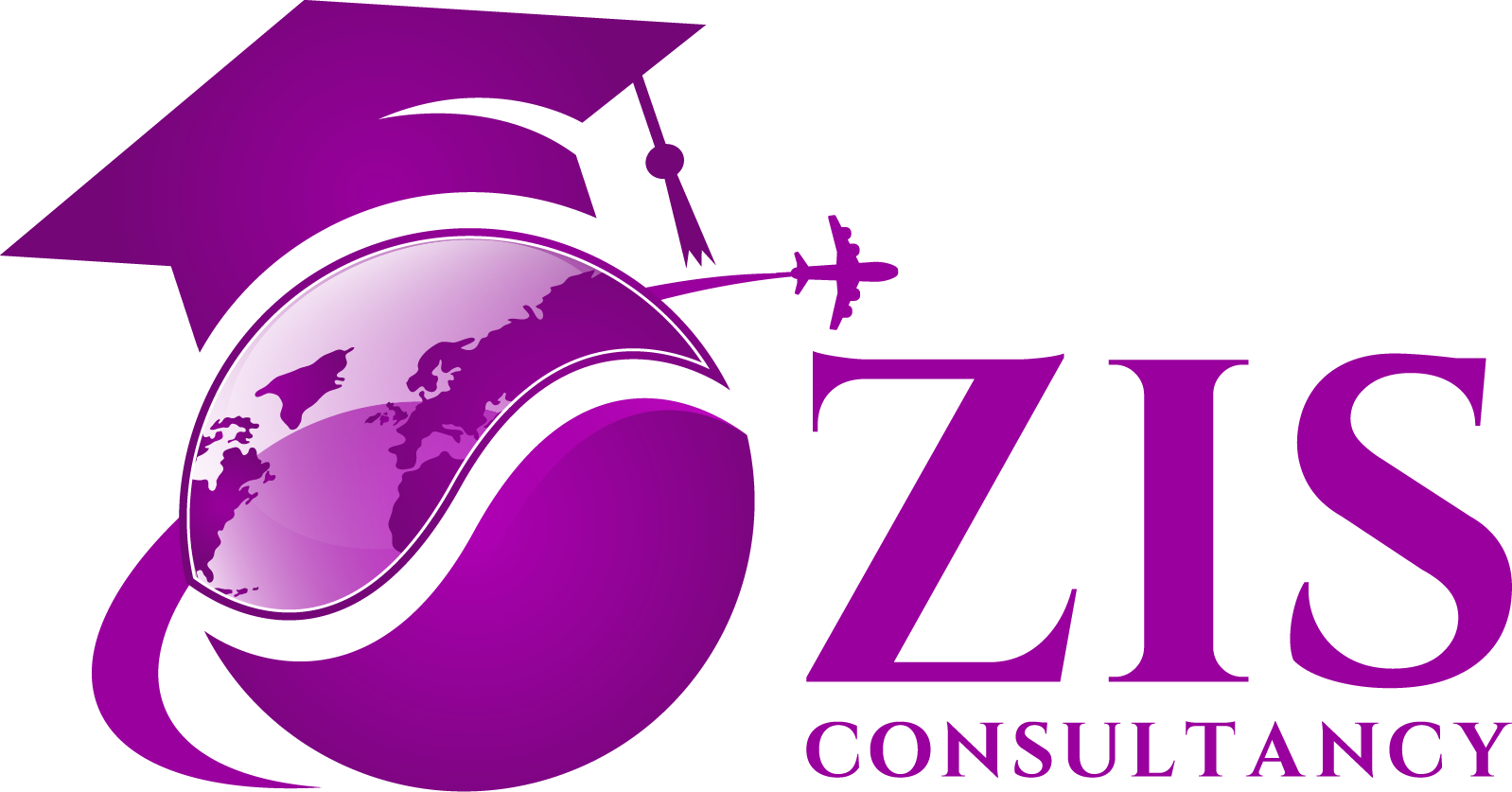Eligibility For KA02 Assessment
The eligibility criteria for the KA02 assessment by Engineers New Zealand (ENZ) include the following:
Engineering Qualifications: Applicants must hold a recognized engineering qualification from a tertiary institution. This could be a bachelor’s degree, master’s degree, or equivalent qualification in an engineering discipline relevant to the occupational category for which they are seeking registration (e.g., professional engineer or engineering technologist).
Relevant Engineering Experience: Applicants must have relevant engineering work experience, typically acquired over a minimum period of three years. This experience should be in a role that involves applying engineering principles and solving engineering problems in a professional capacity.
English Language Proficiency: Since the KA02 assessment involves submitting written reports and documentation in English, applicants must demonstrate proficiency in the English language. This can be done by providing evidence of having completed a recognized English language proficiency test, such as the IELTS or TOEFL, or by providing evidence of having completed a tertiary qualification in English.
Membership of Professional Engineering Body: Applicants may need to be a member of a recognized professional engineering body in their home country or region. Membership in such an organization demonstrates a commitment to ethical engineering practice and adherence to professional standards.
Understanding of New Zealand Engineering Practice: Applicants should have a good understanding of engineering practice in New Zealand, including knowledge of local regulations, standards, and codes of practice relevant to their field of engineering.





